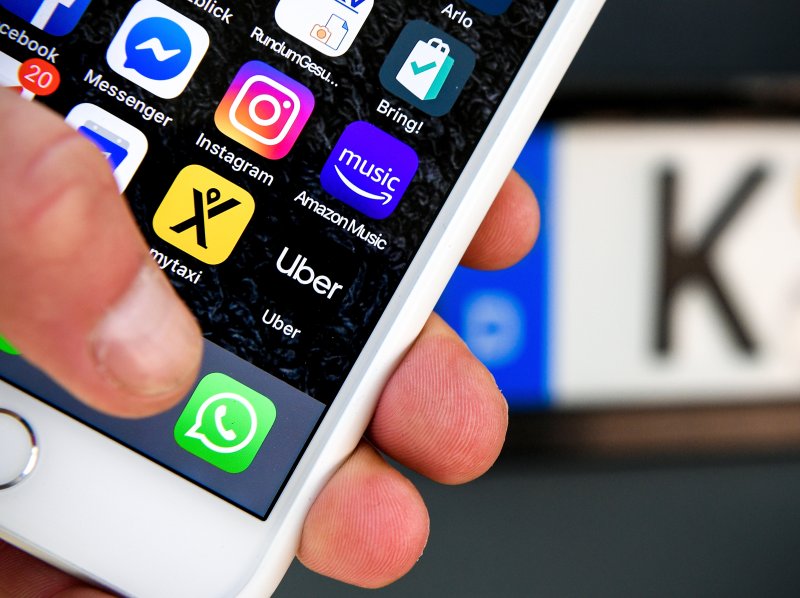Social media platforms such as Facebook and Twitter aren't successfully tacking the escalating problem of fake interactions on their platforms, a NATO-backed group said Friday in a new report. File photo by Sascha Steinbach/EPA-EFE
Dec. 6 (UPI) -- NATO-backed researchers say they were able to purchase thousands of bogus "likes," views and comments for their social media posts with little push-back from platforms such as Facebook and Twitter.
Researchers with the Latvia-based NATO Strategic Communications Center of Excellence on Friday published the results of a four-month experiment designed to test the commitment of social media platforms to tackling the problem of malicious actors paid to manipulate social media perceptions via phony interactions.
The group, also known as StratCom, concluded that social media providers including Facebook, Twitter, Instagram and YouTube are "still failing to adequately counter inauthentic behavior on their platforms," despite the companies' claims to the contrary.
In the experiment, StratCom made a total of 105 different posts on the four platforms, then spent approximately $330 on so-called "social media manipulation service providers," who for a fee will populate existing posts with fake "likes," comments and followers.
For that amount, StratCom said, "we bought 3,530 comments, 25,750 likes, 20,000 views and 5,100 followers. By studying the accounts that delivered the purchased manipulation, we were able to identify 18,739 accounts used to manipulate social media platforms."
The vast majority of manipulation activity came from Russian service providers, they said.
The researchers then reported the phony activity to the tech platforms via user feedback to observe how quickly they responded.
"We found that four weeks after purchase, 4-in-5 of the bought inauthentic engagements were still online," the report stated.
"Self-regulation is not working," it concluded. "The manipulation industry is growing year by year and we see no signs that conducting widespread social media manipulation is becoming substantially more expensive or more difficult."















